
BA, @PPEWarwick / MPhil, Comparative Government @UniofOxford & @SomervilleOx / DPhil student in Politics @NuffieldCollege & @Politics_Oxford
3 subscribers
How to get URL link on X (Twitter) App

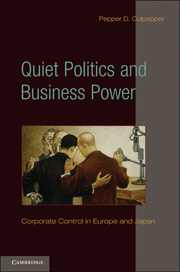
https://twitter.com/edenhofer_jacob/status/2012249546110202203Simplifying crudely, think of both as "principals" that can impose political losses on a policymaker when (s)he deviates from their "bliss point", their ideal.
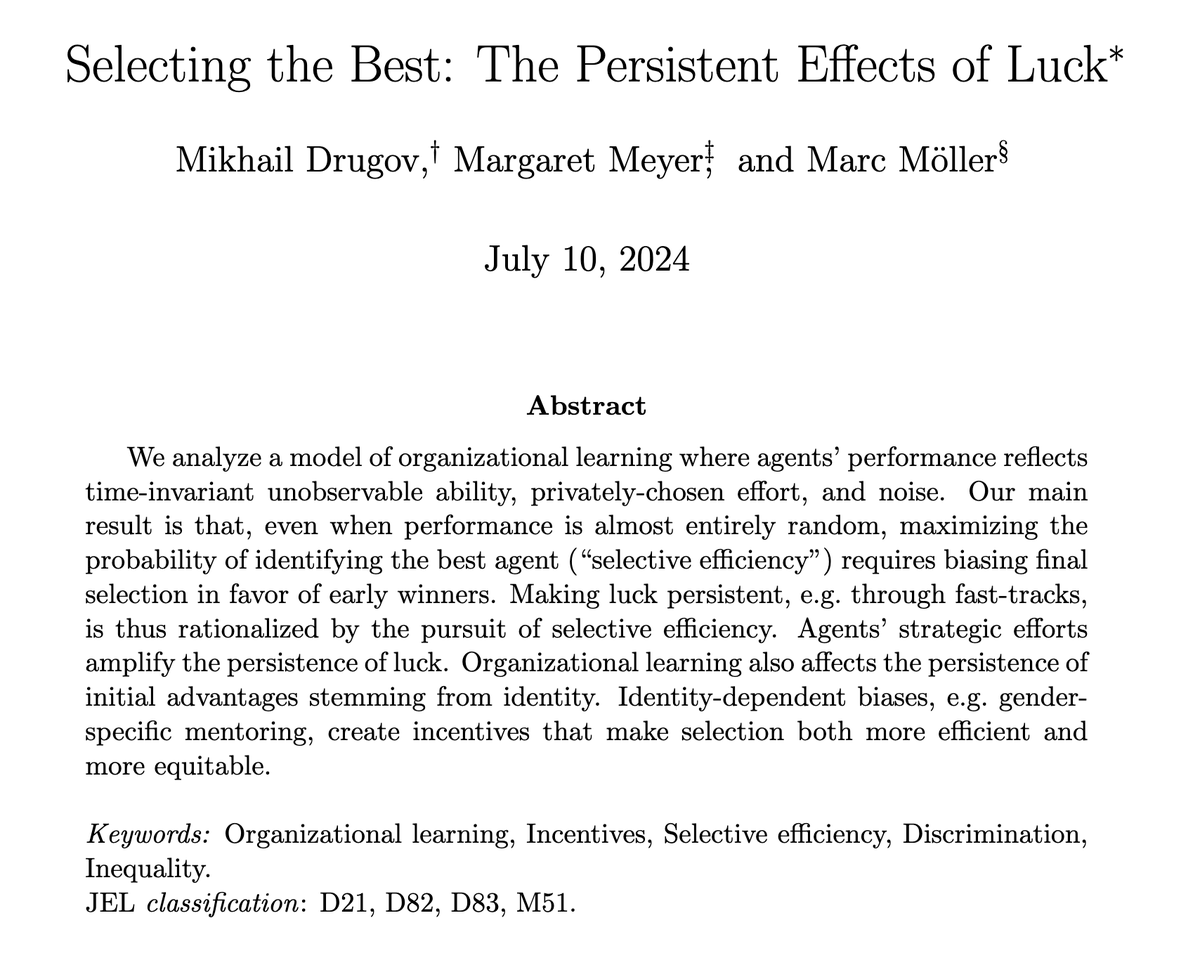
 approach is axiomatic, which sometimes allows us to disentangle luck and effort. Roemer as well as @PaulHufe, @APeichl, and Kanbur are wonderful examples in that regard. Often, however, we don't have enough (or the right) data for this to work,
approach is axiomatic, which sometimes allows us to disentangle luck and effort. Roemer as well as @PaulHufe, @APeichl, and Kanbur are wonderful examples in that regard. Often, however, we don't have enough (or the right) data for this to work, 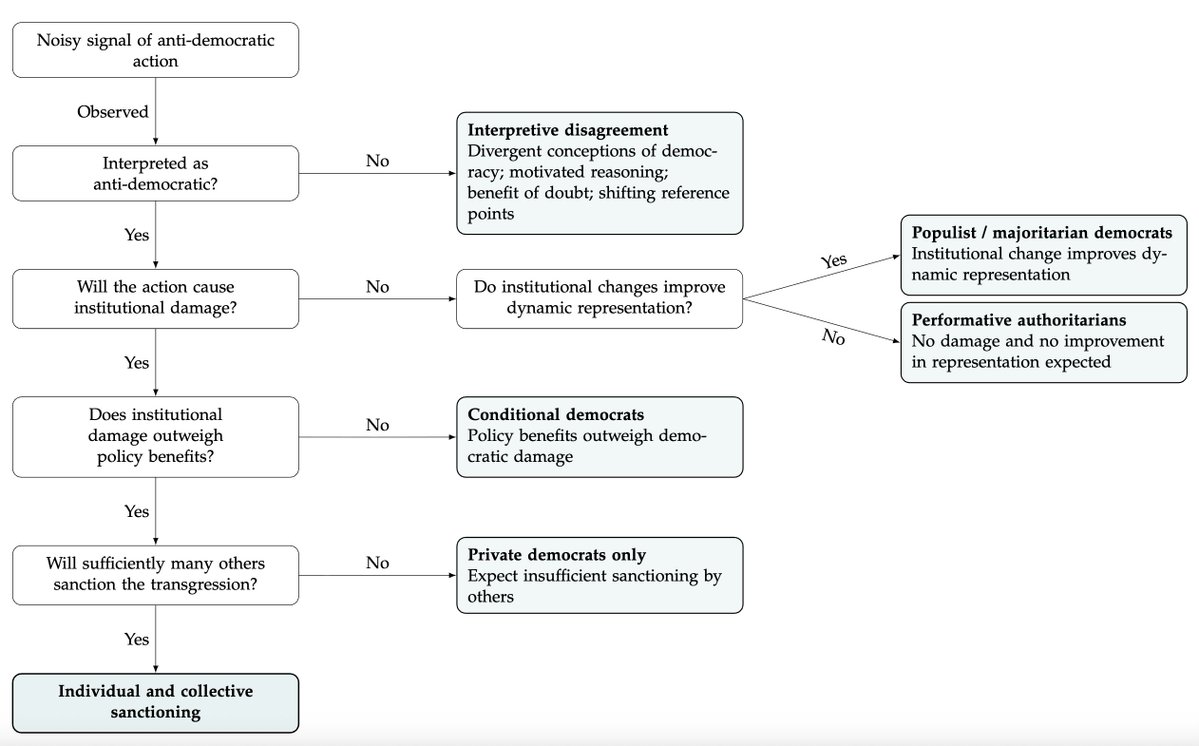
 democratic norms, or do they tolerate them when other considerations (policy, identity, partisanship) are at stake? Since the seminal contribution by Graham & Svolik (2020), this is often framed as a trade-off between democracy and policy. The figure seeks
democratic norms, or do they tolerate them when other considerations (policy, identity, partisanship) are at stake? Since the seminal contribution by Graham & Svolik (2020), this is often framed as a trade-off between democracy and policy. The figure seeks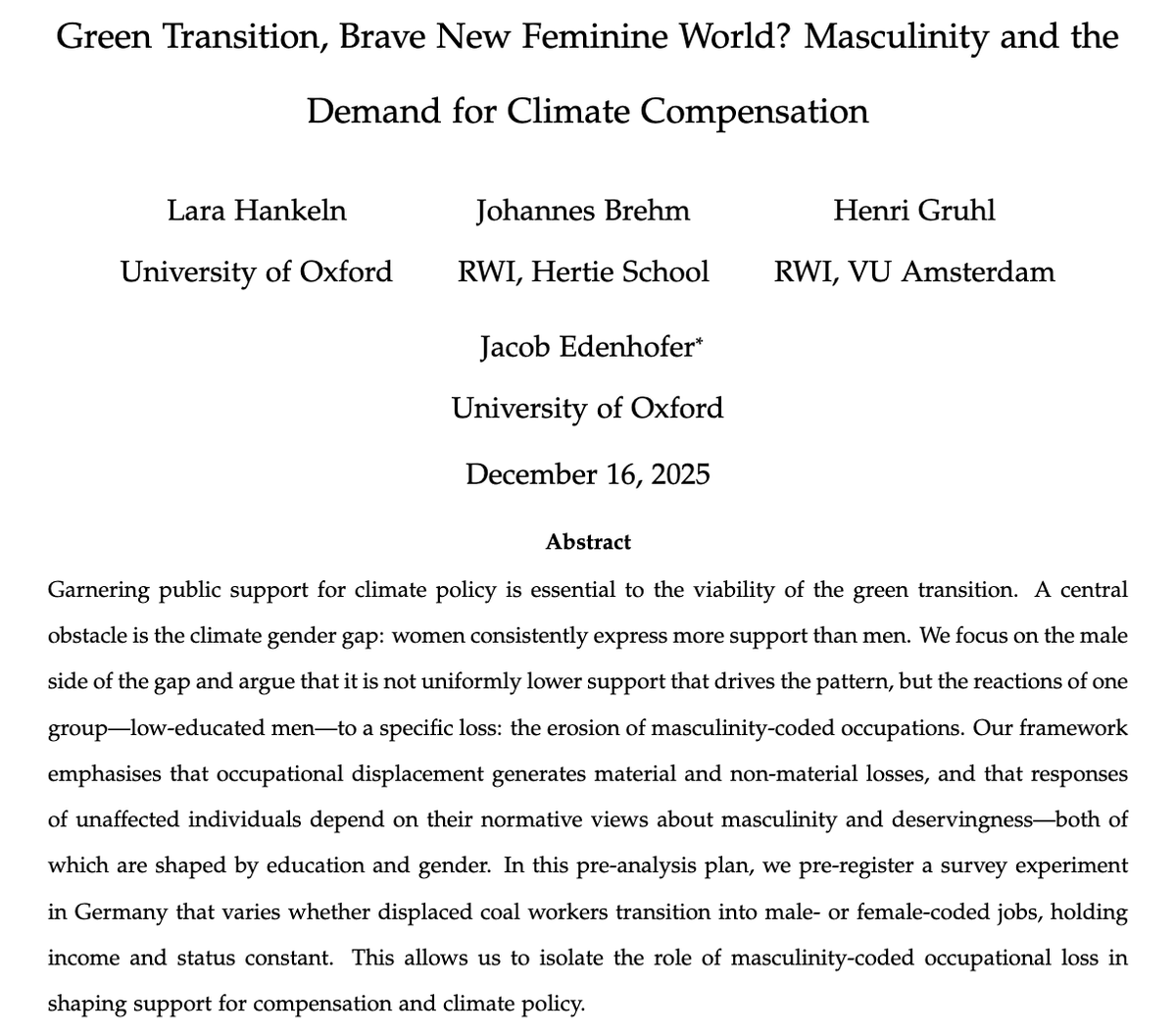
 Two observations constitute our starting point:
Two observations constitute our starting point: 

https://twitter.com/edenhofer_jacob/status/1993084072290091381there are strong grounds for greater optimism. Based on the above presentation, here is a thumbnail sketch for why fighting right-wing populism is so hard.
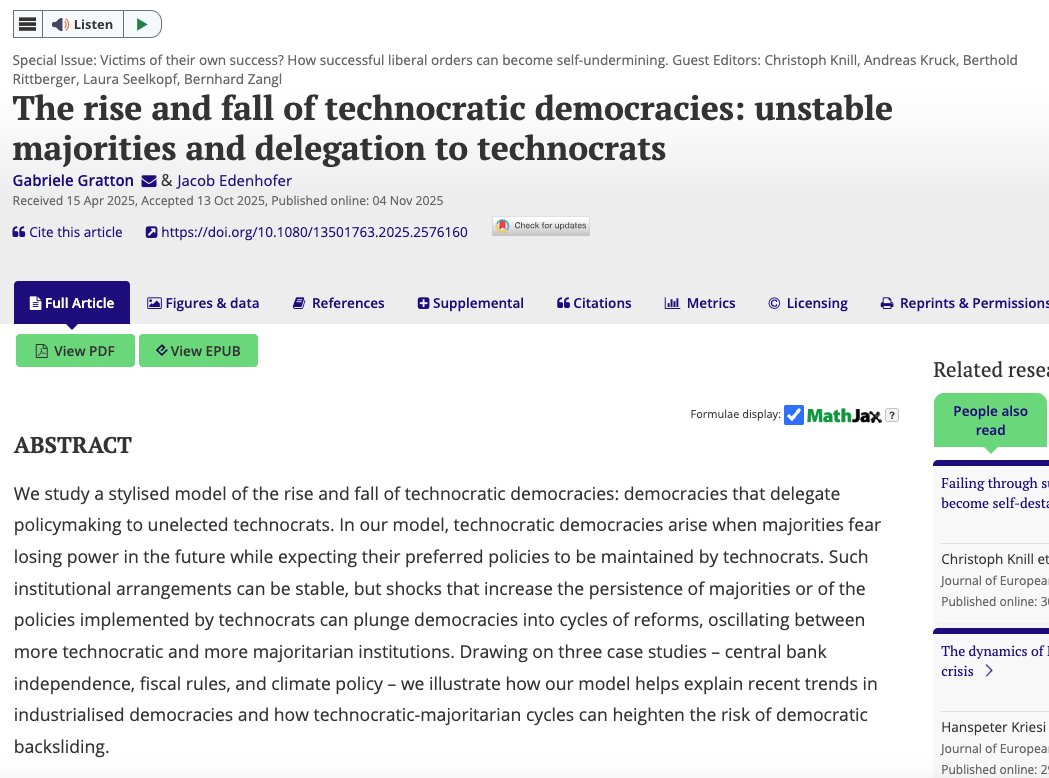
 more than majority rule would, they protect today’s majority against losing power in the future. This protection is epsecially valuable when that majority cares intensely about the issue it delegates. But when majority status becomes more stable (e.g. via
more than majority rule would, they protect today’s majority against losing power in the future. This protection is epsecially valuable when that majority cares intensely about the issue it delegates. But when majority status becomes more stable (e.g. viahttps://twitter.com/BJPolS/status/1987558361634644328line of research in comparative politics points out that

 quality (rules, transparency, electoral design), but also political culture: voters’ beliefs about whether politicians can be trusted and whether institutions really hold them accountable.
quality (rules, transparency, electoral design), but also political culture: voters’ beliefs about whether politicians can be trusted and whether institutions really hold them accountable.
 into political parties to oppose the government in free and fair elections, what conditions favour or impede a transformation into a regime in which they can?” (p. 1) He is concerned with explaining the development of a system of public contestation, with the government and the
into political parties to oppose the government in free and fair elections, what conditions favour or impede a transformation into a regime in which they can?” (p. 1) He is concerned with explaining the development of a system of public contestation, with the government and the

 mean that I fully subscribe to it.
mean that I fully subscribe to it.
https://twitter.com/BJPolS/status/1980285442852274672

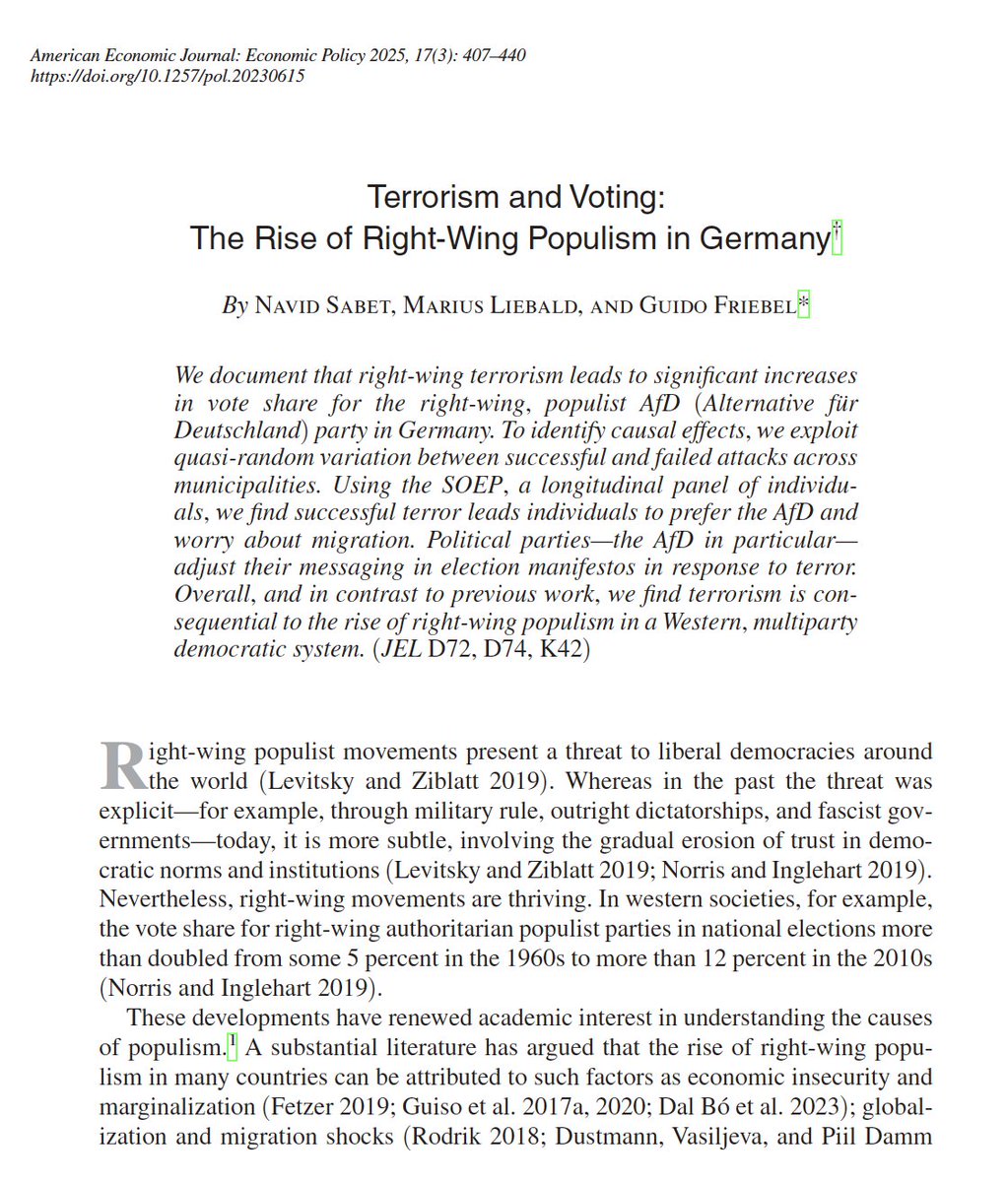 First, though, let me briefly summarise the papers; see below for a more detailed summary.
First, though, let me briefly summarise the papers; see below for a more detailed summary. 

 to economic performance and legislative effectiveness or competence (btw: see Volden & Wiseman 2014 for a cool book on this).
to economic performance and legislative effectiveness or competence (btw: see Volden & Wiseman 2014 for a cool book on this).
 boost the relative power of the climate sceptics in the Tory party, especially the Net Zero Scrutiny Group.
boost the relative power of the climate sceptics in the Tory party, especially the Net Zero Scrutiny Group. 
https://twitter.com/edenhofer_jacob/status/1972270813077545083
 birth, weighted by how recent those years are (recency gets more weight, based on @umalmend & @ProfStefanNagel's “memory decay” model). Their "identifying variation" comes from within-country differences in growth experiences from within-country diff.
birth, weighted by how recent those years are (recency gets more weight, based on @umalmend & @ProfStefanNagel's “memory decay” model). Their "identifying variation" comes from within-country differences in growth experiences from within-country diff.

https://x.com/edenhofer_jacob/status/1758084907597693402

https://twitter.com/JohnHCochrane/status/1969177299556974697private ownership, it risks discouraging productive activity and damaging institutional credibility, especially of property rights (also might fuel envy). The libertarian worry, as articulated by Friedman and Hayek, is that doing so will erode freedom and give rise to



https://twitter.com/edenhofer_jacob/status/1744111390309171345motivated types).
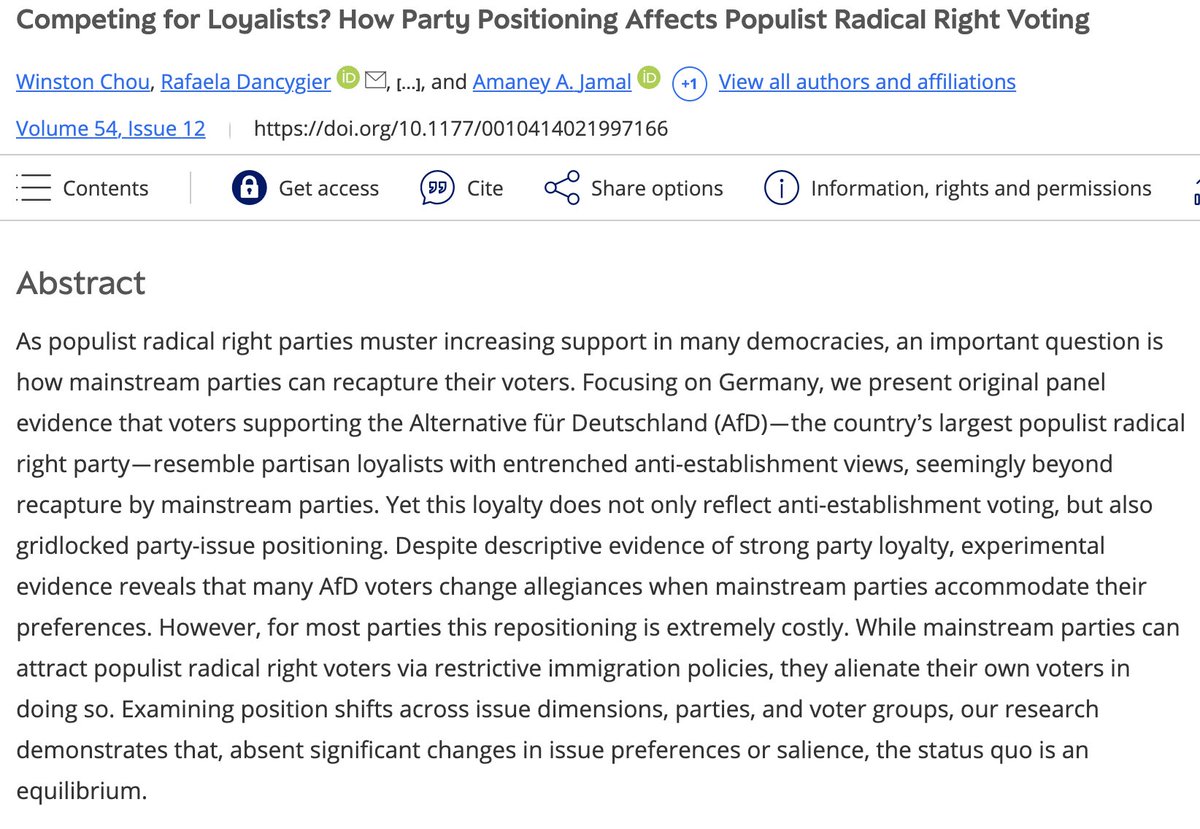
https://twitter.com/mvinaes/status/1956958905327653343(ii) the general equilibrium effects - notably thenormalisation of right-wing attitudes and its wider behavioural manifestations -- don't outweigh the electoral gains, and (iii) voters' distrust in mainstream parties is sufficiently low and the policies used for accommodation are